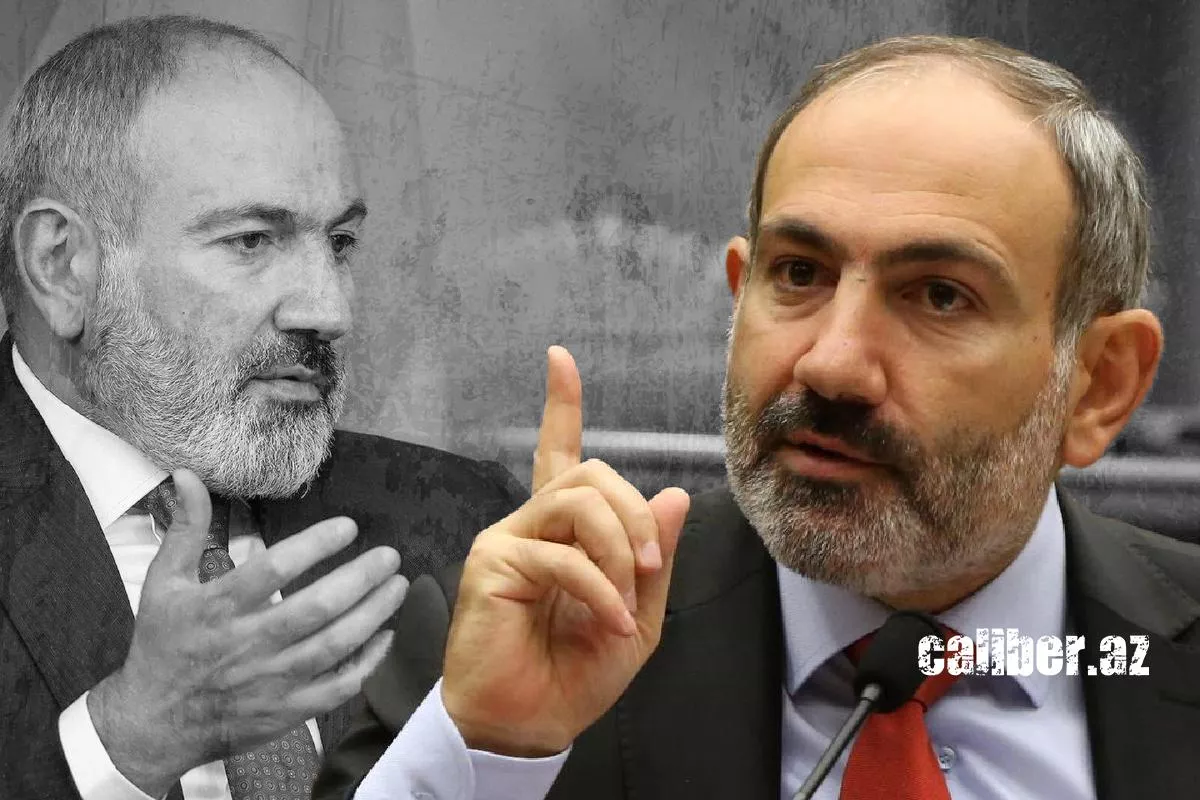Armenia's double game and peace in South Caucasus Can Pashinyan be trusted?
During a recent press conference, Armenian Prime Minister Nikol Pashinyan praised Russia warmly, stating, "one should never engage with any country, particularly Russia, using irony or insults." He emphasized that his relationship with Russian President Vladimir Putin is based on mutual respect. This might suggest that Moscow and Yerevan have reconciled their differences and continue to regard each other as allies. However, this perception is misleading, as demonstrated by the following instances of Yerevan's duplicity.
Despite Prime Minister Nikol Pashinyan's assurances, members of the ruling party in Armenia claim that "Russia is opposed to Armenian statehood." Meanwhile, Armenia's Secretary of the Security Council, Armen Grigoryan, is participating in an online conference on the "Peace Formula" proposed by Volodymyr Zelenskyy.
Furthermore, Deputy Foreign Minister Vahan Kostanyan has stated that the Armenian government's decision to align with the West is strategic. " We want to be in an environment where we share the same values. The Armenian government has European aspirations," Kostanyan said, commenting on Yerevan's relations with the EU.
This situation reveals a striking insincerity from the Armenian leadership, as evidenced by the contradictions between Pashinyan's statements and the actions of his associates. It is unlikely that they are acting without Pashinyan’s knowledge, indicating that Yerevan is pursuing its own agenda and is fundamentally disingenuous towards Russia.

It seems that Pashinyan's statements about the Russian military base in Armenia and Armenia's involvement in the Collective Security Treaty Organization (CSTO) may be an attempt to lull Moscow into a false sense of security. Pashinyan has ruled out any discussions about removing the 102nd Russian military base from Armenia. Regarding the CSTO, he stated, "Armenia has frozen its participation in the CSTO at all levels, and at this stage, this decision is quite sufficient. Currently, we do not see the need to make any other decision, but this does not mean that we won’t see the need to make a different decision in the future."
The practical steps taken by Yerevan suggest that Pashinyan's words are worthless. The overt courting of the West, active militarization, and the strengthening of strategic partnerships with the US and the EU indicate that Armenia is seeking to exit Moscow's sphere of influence. For various reasons, Armenia is not doing this openly but is instead hypocritically trying to allay the Kremlin's suspicions.
Yerevan's balancing act with Russia also shows that it is not pursuing an independent policy but is instead catering to the interests of its new patrons—the US and France. This raises the question: if Armenia is demonstrating insincerity towards a country to which it owes its existence and is prone to reckless maneuvers, how can a durable peace with it be achieved? And how much can we trust the words of its leaders, who even refuse to stand by their own signatures?








